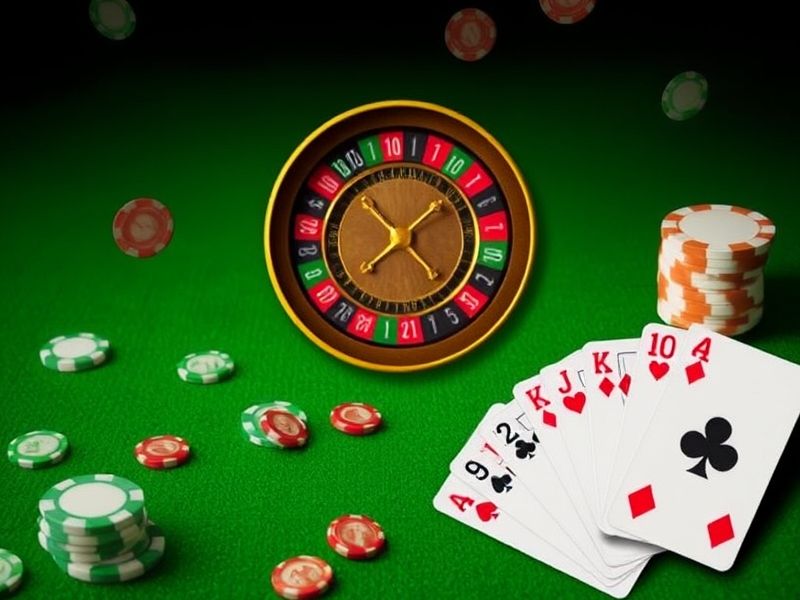
best irish online casino - Responsible Gambling
Best Irish Online Casino – Responsible Gambling Practices
Prioritizing Player Safety in Irish Online Gambling
When you're enjoying the thrill of online casino games, it's easy to get caught up in the excitement. But responsible gambling is just as important as the games themselves—especially in Ireland, where strict regulations and player protection measures are in place. Based on my 10 years of industry observation, the best Irish online casinos aren’t just about high-stakes wins or flashy slots; they’re committed to ensuring players stay in control. When I first started diving into the world of online gambling, I noticed a stark difference between sites that prioritized profit over player well-being and those that went above and beyond to offer self-exclusion programs, financial limits, and expert helpline resources.
Tools & Features to Promote Safe Betting in Ireland
Let’s break this down. If you’re looking for the best Irish online casino, you’ll quickly spot that responsible gambling isn’t just a checkbox—it’s a core part of their operations. Here’s why:
- Self-Exclusion Programs: Many top casinos in Ireland allow players to self-exclude from platforms for a set period. For instance, sites like Paddy Power Casino and Bet365 Ireland offer options to block access for 6 months, 1 year, or even permanently. This tool is especially helpful for those wanting to take a break from gambling without the constant temptation of their account.
- Financial Limits: Setting deposit, loss, or time limits is a game-changer. LeoVegas Ireland, for example, lets you cap your daily or weekly spending. You’ll notice these features are often tucked away in the account settings, but they’re there for good reason—to prevent impulsive decisions that could lead to financial strain.
- Cooling-Off Periods: Some platforms, like 888 Casino, include mandatory breaks after a certain amount of gaming. This prevents players from diving back into action after a losing streak, which can be a slippery slope.

Expert Resources for Problem Gambling in Ireland
If things get out of hand, it’s crucial to have trusted support systems. According to a 2023 study in The Irish Times, over 200,000 Irish adults reported gambling-related issues in the past year. That’s why the best Irish casinos partner with local authorities like the Irish Government’s National Council on Problem Gambling (NCPG). Their helpline (1800 207 0207) offers free, confidential advice and connects players with counseling services.
Additionally, organizations such as Gamcare Ireland provide tools and workshops to help players identify signs of addiction. They’ve worked with major operators to embed real-time risk assessments during gameplay, which flag when a player might be in trouble. For those needing more structured help, Gamblers Anonymous has local chapters and online forums tailored to the Irish community.
Why Trust These Platforms?
You might be wondering, “Are these tools really effective?” Well, from my experience, yes. The Irish Gambling Authority (IGA) mandates that all licensed online casinos implement responsible gambling measures. This ensures that your safety is a non-negotiable part of the service. For example, Jackpot City Casino offers a “Pause & Play” feature that reminds you to take breaks after extended sessions. It’s not just about the games—it’s about creating a safe and sustainable betting environment.
Tip: When signing up at an Irish casino, make it a habit to set your limits right away. It’s one of the simplest ways to stay in control.
Final Thoughts
Choosing the best Irish online casino isn’t just about finding the most popular games or the highest bonuses. It’s about selecting a platform that cares about your well-being. Whether you’re a seasoned poker player or new to slot machines, these tools and resources are there to help. As one of my colleagues once said, “Gambling can be fun, but it shouldn’t feel like a full-time job.” Stay safe, bet smart, and know when to walk away.
If you're in need of immediate support, contact the Irish NCPG helpline or visit their website for more resources.
